Jon has toiled to find a place to "park" all of this snow as he plows to keep the driveway open. Believe me, the banks and the piles are high. I was concerned that one of Jon's buildings on the farm might collapse under the load. Large tree limbs did come down on our house in one severe storm, and numerous structures in Northern Wisconsin did collapse under the weight of accumulated snow. The steel roofs on most of our farm structures shed the weight during periodic thaws and none of the buildings, including our home, have been damaged.
One might expect that such a winter would flatten our fruit plantings and ornamental shrubbery. However, when the fields opened briefly during the significant thaw we experienced a week ago, I was pleased to see that there was little damage. Even the ornamental shrubbery around our house popped right up as soon as the snow load melted. Although the snow has been deep and the winds severe, we haven't experienced any low temperatures that would exceed the hardiness of our plants. I will predict an excellent blueberry harvest for the coming summer.
Also this winter-- near the end of February, I suffered a bad fall at the cottage. A ladder slipped out from under me and I fell 8 feet to the floor on top of the ladder. I suffered a loss of consciousness, a 3 inch gash in the back of my head, a broken rib, and a serious concussion. My son Jon responded to my distress call and got me to emergency care at the hospital in Ashland. Following several hours of observation, x-rays, injury assessment, and wound care, I was released to the care of my family. The first couple of weeks following the accident were the most difficult. I was wracked with spasmodic pain--especially in my ribs and back--and required narcotic drugs to "stay on top of it." Thankfully the pain has subsided. My head wound healed rapidly and the staples have since been removed. Affects from the concussion--vertigo, "brain fog," and exhaustion--will require a longer healing process. My doctor tells me full recovery may require up to eight months from the time of the injury. I am trying to "take it easy" at home, sleeping a lot, thankful to be alive, thankful that my injuries weren't worse than they were, thankful for Janet's care and my family's assistance.
I am eager now for spring flowers. The tulips were up 6-8 inches before being buried again by this recent blizzard. Last Fall I planted nearly 100 additional bulbs in our perennial gardens. Wild flowers and over 200 trees planted on the cottage property appear to have wintered as well. Everything that grows here should have plenty of moisture to begin a new season!
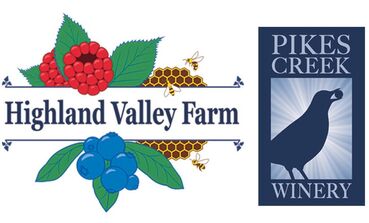
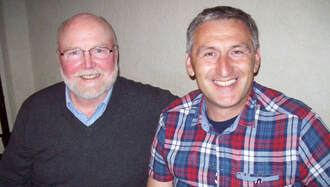
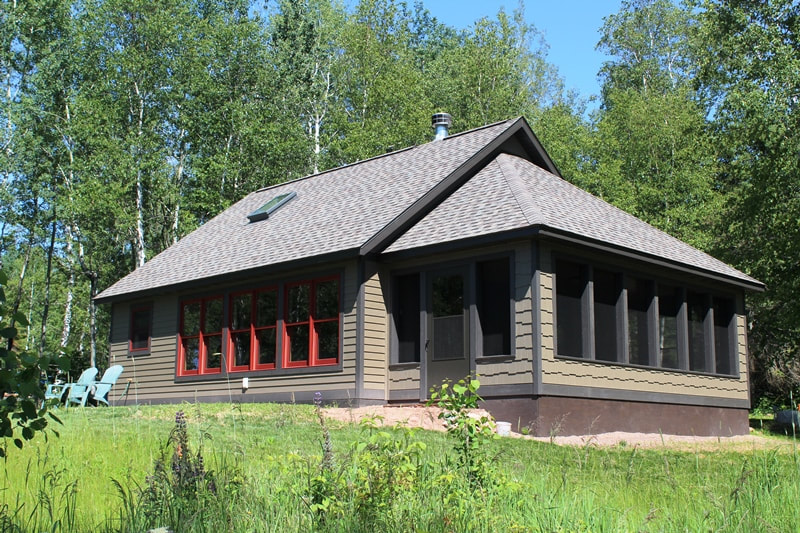
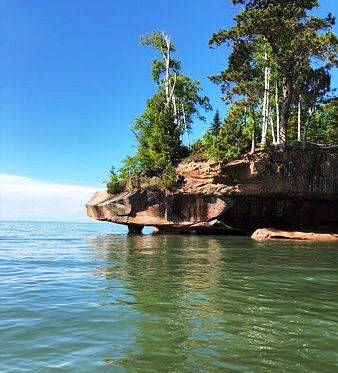
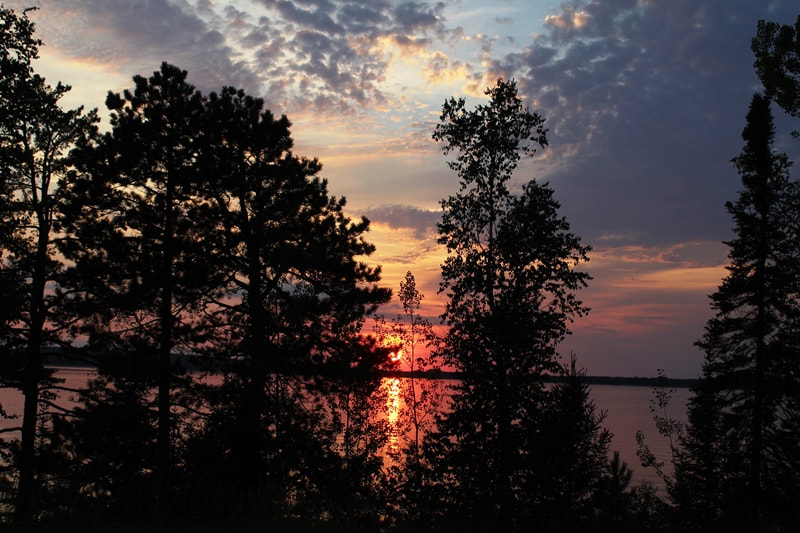
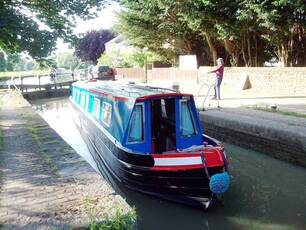
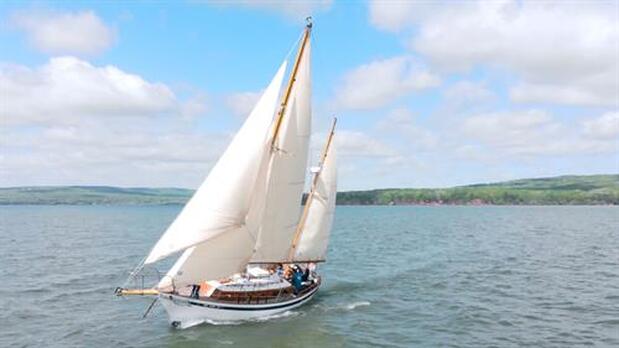
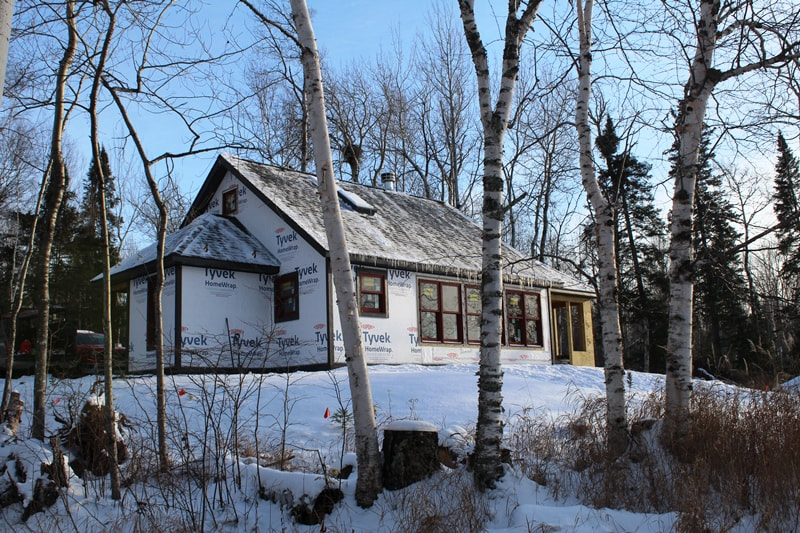
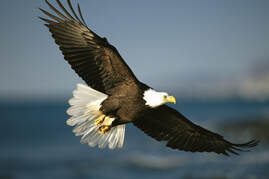
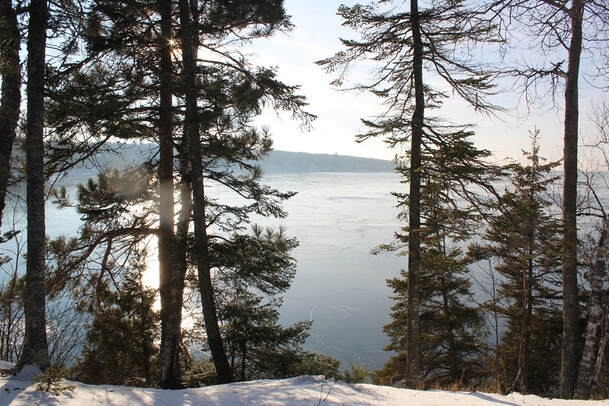
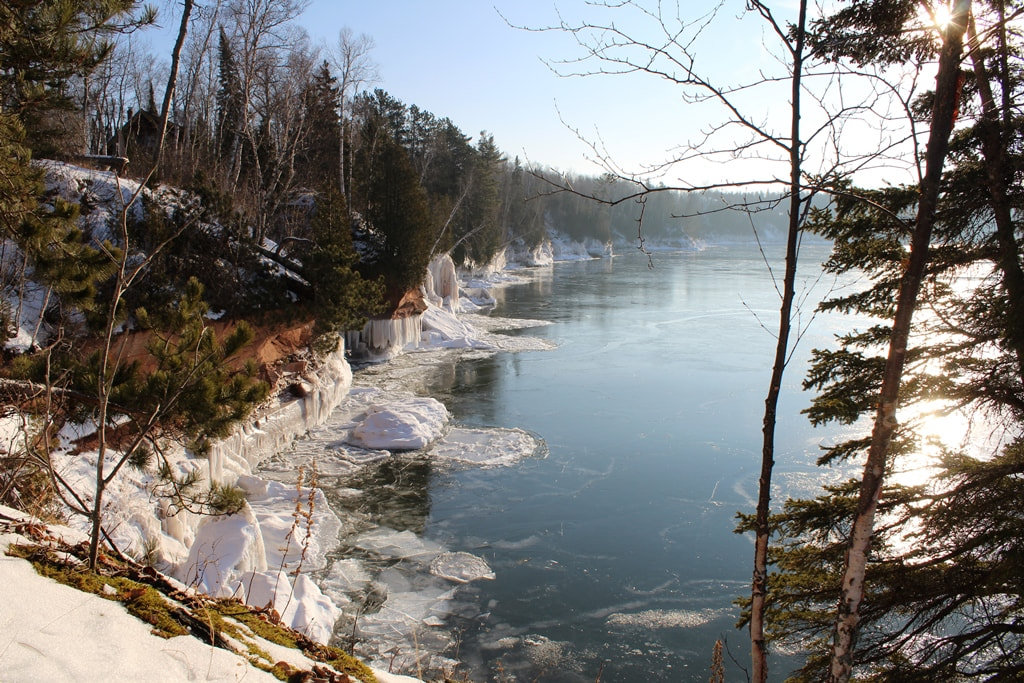
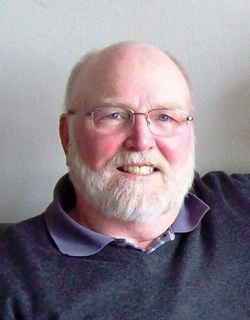
 RSS Feed
RSS Feed
